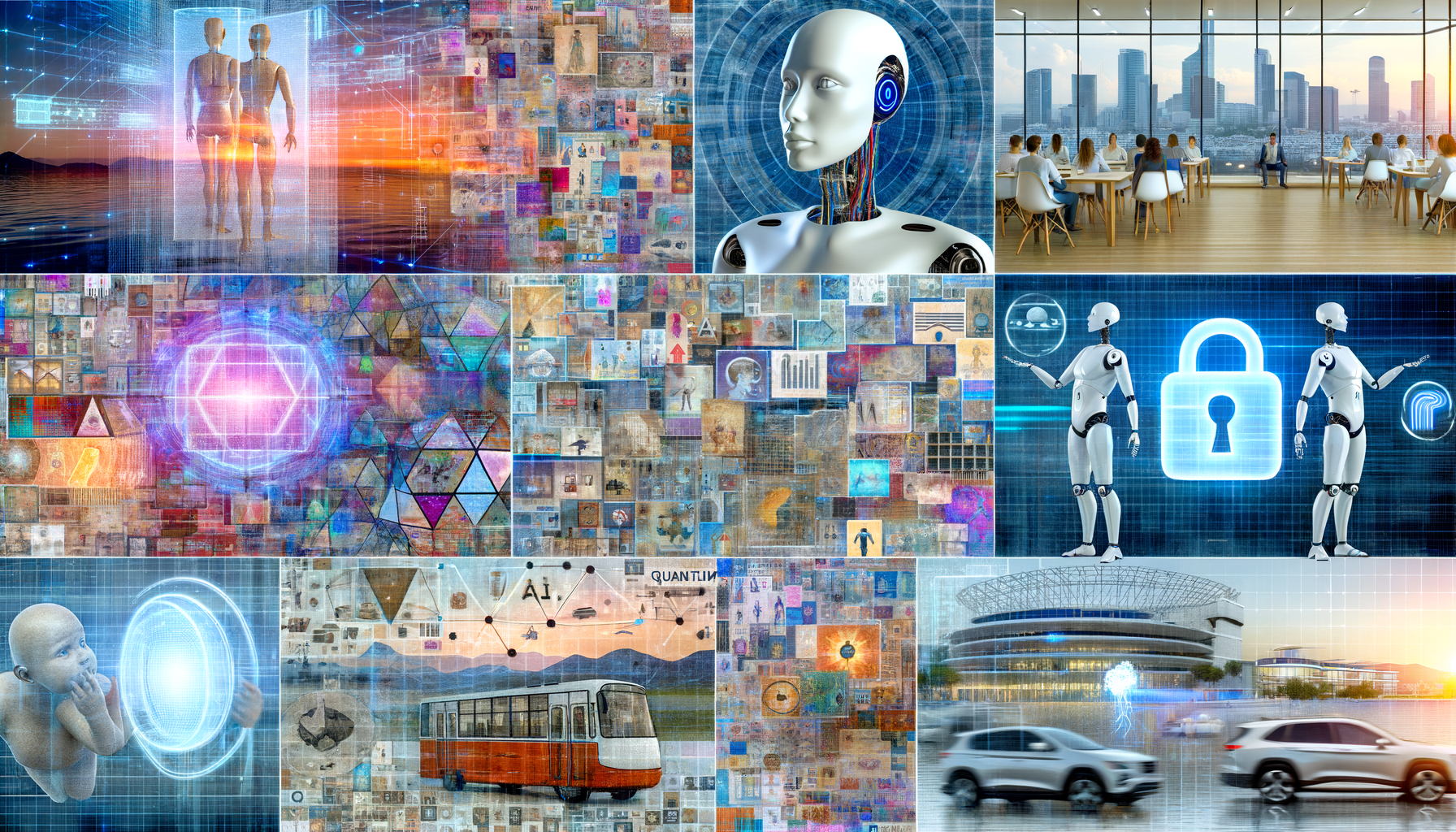Recent developments in artificial intelligence (AI) are making waves across the tech industry, with significant advancements and discussions on safety and adoption. Meta has announced the release of Meta Motivo, an AI model designed to control the movements of human-like digital agents in the Metaverse.1 This innovation aims to create more lifelike non-player characters (NPCs), enhancing immersive experiences for users.1
In contrast to Meta’s advancement, a recent AI safety report has ranked various tech companies on their safety practices, with Meta scoring the lowest despite its claims of adopting a responsible approach to AI development.2 The report highlights concerns over industry standards and the need for more rigorous safety protocols among AI developers.2
Google’s CEO has weighed in on the future of AI, discussing key developments in autonomous driving through Waymo and advancements in quantum computing.3 Emphasizing the importance of safety, he noted that as AI development accelerates, allocating resources to safety efforts becomes increasingly critical.3 “Investing in AI safety is not just a priority but a necessity as we move forward,” he stated.3
Meanwhile, in Singapore, a report reveals that 45% of workers are hesitant to admit using AI at work, even as demand for AI talent surges.4 This hesitation highlights a tension between rapid AI adoption and existing workplace cultures.4 Employers are encouraged to foster environments where the use of AI is openly discussed and embraced to remain competitive.4
In the public sector, experts like David Levy are advocating for the exploration of generative AI’s potential.5 He emphasizes the importance of embracing change and innovation, suggesting that AI technology can offer new possibilities for government and public services.5 “The public sector stands to benefit immensely from generative AI by improving efficiency and service delivery,” Levy commented.5
These developments underscore the rapid evolution of AI technology and its far-reaching implications. As companies push the boundaries of innovation, addressing safety concerns and cultural hesitations remains crucial. The integration of AI across sectors suggests a future where collaboration between technology and humanity becomes ever more important.


Leave a Reply